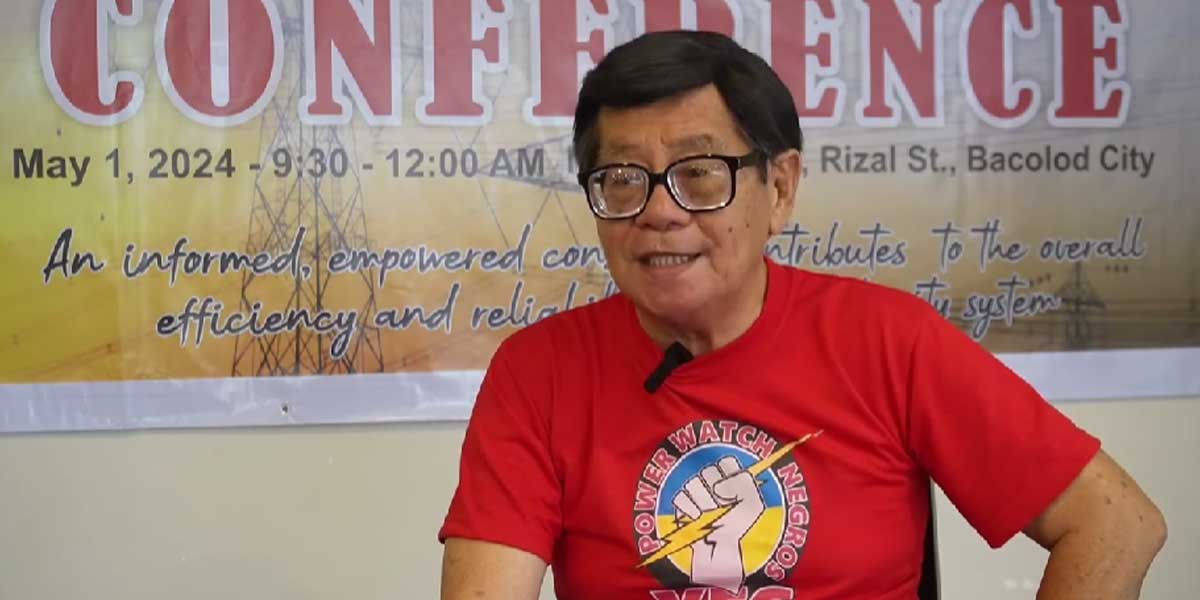
By: Glazyl Y. Masculino
BACOLOD City – The Provincial Health Office (PHO) in Negros Occidental pledged to provide health services to thousands of Indigenous Peoples (IPs) in the province.
The covenant signing on the pledge of commitment of the IP-Provincial Inter-Agency Committee (PIAC) was led by PHO head Dr. Ernell Tumimbang, along with Kristine Solas, nurse IV of the Department of Health (DOH)-6; Isabela town Mayor Irene Montilla, and Police Colonel Romeo Baleros, director of Negros Occidental Police Provincial Office (Nocppo).
The signing was held at the Nature’s Village Resort in Talisay City last Tuesday.
The PIAC was created through Executive Order (EO) No. 19-26 Series of 2019, which was signed on Aug 8, 2019 by Governor Eugenio Jose Lacson,
The EO stated that the province of Negros Occidental is home to IPs groups locally known as Ata, Ati, and Bukidnon.
The provincial government recognized the serious need to create an inter-agency committee to facilitate and improve delivery of basic health services to the IPs.
According to Marie Flor Cabaylo, Midwife IV of the PHO-Negros Occidental, the province is home to around 400,000 IPs. They are in Himamaylan City, and towns of Salvador Benedicto, Binalbagan, Ilog, Isabela, and Calatrava.
Cabaylo said “this is just the beginning. We will go to them and give them the medical service they need.”
“This is also our way of reaching out to them and be able to provide opportunities to them as well,” she added.
In the covenant, local government units, agencies, and offices pledged to recognize, respect, protect, and promote the rights of the cultural communities and IPs of Negros Occidental.
They also pledged to establish the necessary mechanisms to enforce and guarantee the realization of the rights of the IPs, taking into consideration their beliefs, customs, traditions, values, interests, and institution by providing efficient, gender sensitive responsive and culturally sensitive services.
It is also their goal to establish and functionalized a collective, collaborative inter-agency care delivery teamwork which could respond to the felt needs for health and other basic services for the IPs.
In response, Jonathan Camanso, chairperson of a south Negros IP tribe, said they are happy that they are also being prioritized by the government.
Camanso said some of them are being mistaken as rebels because they reside in upland villages.
He said they do not intend to get involved in the armed conflict as they are just focusing on preserving their cultures and beliefs.
Baleros assured the tribal leaders and members of IP groups in the province that they are protected by the police.
In a media interview, Baleros said IPs living in far-flung areas are vulnerable to recruitment efforts of the New People’s Army (NPA) as the rebels exploit many social issues like delivery of basic services.
“We want our IP brotherd and sisters to feel the presence of the government, that they are secured and protected,” Baleros said.
He also said that they will provide security to government workers who are going to the upland areas to give the services to the IPs.
The covenant signing concluded in a Mizpah (a Hebrew term for watch tower) or the piling of stones “to mark an agreement of people with God as their witness.”





















